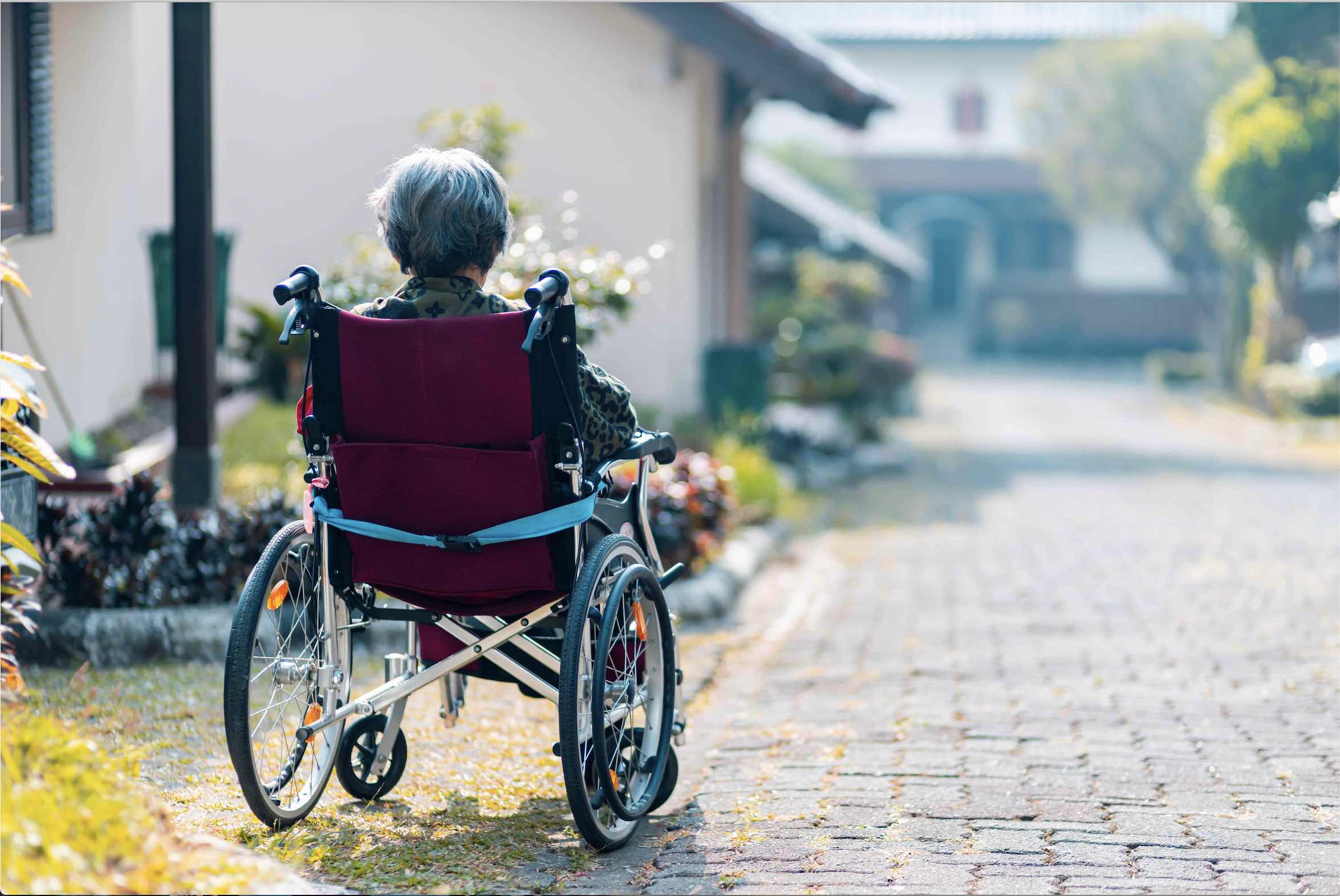-
Advocacy Theme
-
Tags
- Abortion
- Adoption
- Caregiving
- CEDAW
- Disability
- Domestic Violence
- Domestic Workers
- Harassment
- Healthcare
- Housing
- International/Regional Work
- Maintenance
- Media
- Migrant Spouses
- Migrant Workers
- Muslim Law
- National budget
- Parental Leave
- Parenthood
- Polygamy
- Population
- Race and religion
- Sexual Violence
- Sexuality Education
- Single Parents
- Social Support
- Sterilisation
- Women's Charter
Look into giving more direct financial support to caregivers
October 11th, 2019 | Letters and op-eds, News, Older People and Caregiving

This letter was originally published on TODAY on 10 October 2019.
by A. Preethi Devi, Project Executive
The Association of Women for Action and Research (Aware) welcomes the announcement of the S$200 Home Caregiving Grant (HCG) taking effect this month, which will provide some relief to qualifying households battling long-term care costs. (“Applications for new home caregiving grant to open from Oct 1”; Sept 25)
The HCG replaces the previous Foreign Domestic Worker Grant, with an S$80 increase in payout amount. It’s a positive sign that the Government recognises the rising cost of long-term care.
Having spoken to many caregivers and eldercare organisations, we have two suggestions on how to better support family caregivers financially.
The first is to increase the payout amount for the HCG, to better reflect average out-of-pocket long-term care costs.
Out of 22 family caregivers who participated in Aware’s recent research, those looking after older persons who needed help with at least three activities of daily living reported spending an average of S$1,917 per month, after subsidies, which amounts to 64 per cent of their average monthly household income.
National studies should be conducted to determine the average amount that households with an older person spend on long-term care costs. HCG payout could then be modified accordingly to enhance its effectiveness.
The second is to introduce a caregiver support grant, with cash and Central Provident Fund components, specifically for the primary family caregiver — possibly a family member who is co-residing with and providing primary care to the care recipient.
The HCG is currently awarded to the care recipient, who can choose to give the cash payout to a family caregiver, or spend it himself.
However, there is no guarantee that the HCG will go to family caregivers, whom our research shows are already facing heavy income losses due to caregiving. On average, those who experienced a change in their working status due to caregiving had faced a 63 per cent loss in income.
As family caregivers may simultaneously spend a substantial amount of their household income on care-related expenses and face a drop in their income, we recommend more direct financial support for them.
Both a caregiver support grant and the HCG could help achieve the aim of more substantially defraying a household’s long-term care costs, while providing support to the family caregiver.



